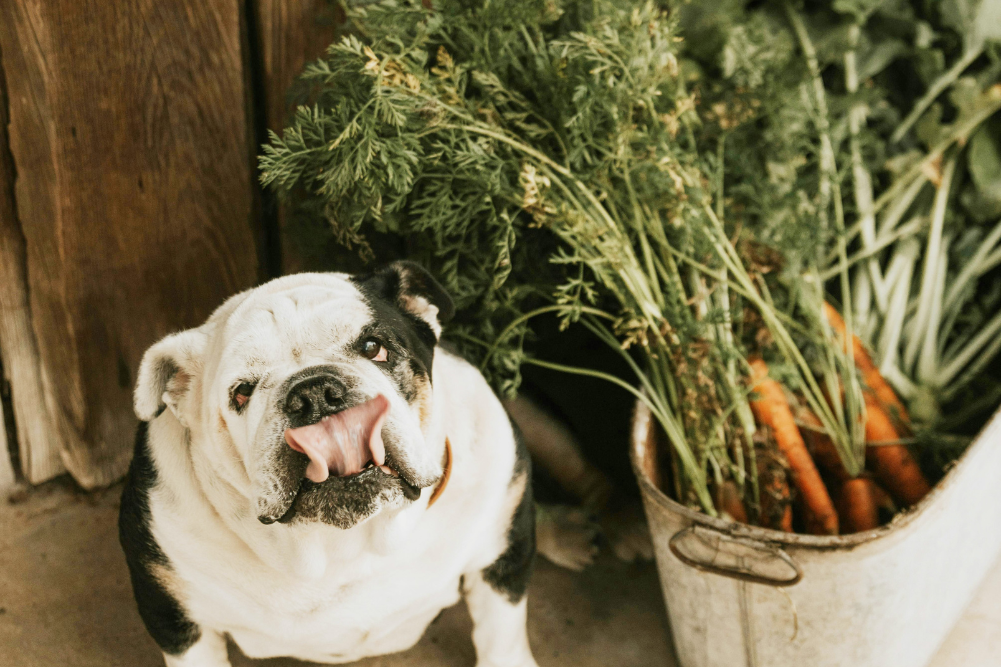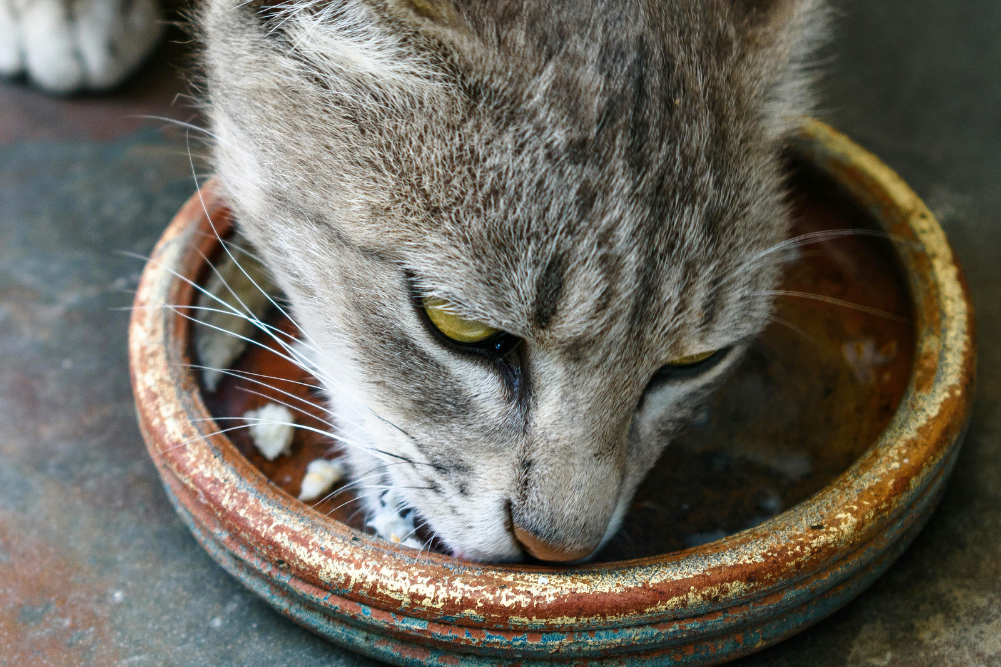Liver support for pets
Liver disease in pets can present in many ways. It may be acute or chronic. It may be due to oxidative stress, inflammation, infection, immune mediated disease, toxicity and cell death, cancer or fibrosis. Affected pets may appear quite well, or may have a variety of symptoms including, but not limited to, poor appetite, gut dysfunction, clotting disorders, jaundice, poor skin and coat and ascites.
The liver is connected to the whole body. Without a liver, we would lack energy, essential proteins and clotting factors, lack storage for essential vitamins and lack the ability to transform and detoxify many drugs, toxins and hormones.
Pets with acute liver disease will usually require intensive treatment. When pets have chronic liver disease, if we can, we find and treat the underlying cause. If testing is inconclusive or the cost and invasiveness of testing is too much, then supporting treatments such as diet, herbs and supplements (and medications if required) can be used.
Diet
There are commercial prescription diets for dogs with liver disease. These are lower in protein and higher in fat, and have restricted copper levels. These diets may be useful for a couple of specific conditions: dogs with copper-associated hepatopathy, a condition that may have a genetic predisposition but also may occur due to excessive copper levels in the diet; or when dogs have developed hepatic encephalopathy (HE), a reversible central nervous system disorder that develops secondary to severe liver disease. There is no prescription diet at this time for cats with HE.
Prescription low-protein diets and supporting treatments may help reduce symptoms of HE. However, they may also be detrimental. Low-protein intake can lead to muscle wasting or ascites, and may even increase ammonia levels due to protein breakdown. Any dog prescribed a low-protein diet needs to be monitored carefully.
Commercial prescription liver diets are not always palatable. I recommend referral to an accredited veterinary nutritionist for an appropriate and probably more palatable homemade version.
For most dogs with liver disease, we do not recommend these very low-protein diets. However, no matter what the underlying cause, I find a diet upgrade away from processed pet food to a “cleaner” real-food diet results in an improvement in both blood test results and clinical symptoms. My theory is that this reduces the toxic stress on the liver, and allows an environment where healing is more likely take place.
Meat rendering of processed dried pet foods can reduce the nutritional value of the food. High-temperature heat processing, a process used to create many dried pet foods, can lead to the production of toxins such as acrylamides (which come from carbohydrates) and heterocyclic amines (which come from meat proteins). Chronic exposure to acrylamides has been shown to adversely affect the central nervous system and liver. Acrylamides are also potentially carcinogenic.
Where possible, when I recommend a home-prepared diet, I recommend human-grade organic ingredients, free of pesticides, antibiotics and hormones.
For many dogs, a cooked chicken or turkey meat, some cooked lamb heart and liver, a mix of orange and green vegetables, soaked oats or cooked brown rice, soaked dried shiitake mushrooms and once or twice weekly sardines or mackerel can work well. For cats, I may need to continue some better-quality cat foods, such as canned foods free from BPA and carrageenan, or freeze-dried foods, to ensure their diet is complete.
Additional liver support
Milk thistle
Milk thistle (Silybum marianum)is a liver tonic, and helps repair damaged liver cells and improves the removal of toxins, while also protecting it from further damage. It is also used for its anti-carcinogenic and antioxidant properties.
Dandelion root
Dandelion root (Taraxacum officinale) can be used as a digestive aid to also enhance liver detoxification. It has antioxidant and bile-stimulating effects, and has been shown to reduce the liver markers we use as a measure of liver disease. It can cause diarrhoea so introduce it with care.
Bupleurum
Bupleurum (Bupleurum falcatum)is a liver tonic that has anti-inflammatory, hepatoprotective and alterative effects. It has been used to treat digestive disorders and hepatitis and to help normalise liver enzyme levels.
Schisandra
Schisandra (Schisandra sinensis)is used in acute or chronic liver disease and to enhance detoxification by the liver. In people, it has been used to treat liver toxicity due to excess alcohol consumption.
Turmeric
Turmeric (Curcuma longa) is well known for its antioxidant effects, but also supports healthy gut function, which in turn helps support the health of the liver.
I add in gut support such as probiotics, prebiotics and slippery elm (Ulmus rubra). S-adenosyl-methionine (SAMe) is a natural supplement that has been shown to protect liver cells and play a role in detoxification processes in liver cells. Antioxidant vitamins include vitamin E and vitamin C (though vitamin C is contraindicated with copper storage disease). Use vitamin B complex, and for cats consider taurine and choline.
Reduce exposure to household chemicals such as antibacterial or antiviral cleaners, herbicides, carpet cleaners and room deodorisers, as well as topical insecticides.
Reduce vaccines as much as possible. Try to reduce or stop other preventive health care such as flea, tick, heartworm and intestinal worming, but in some areas tick prevention will be required.
Reduce stress and encourage calm through appropriate regular exercise, and massage or TTouch.








